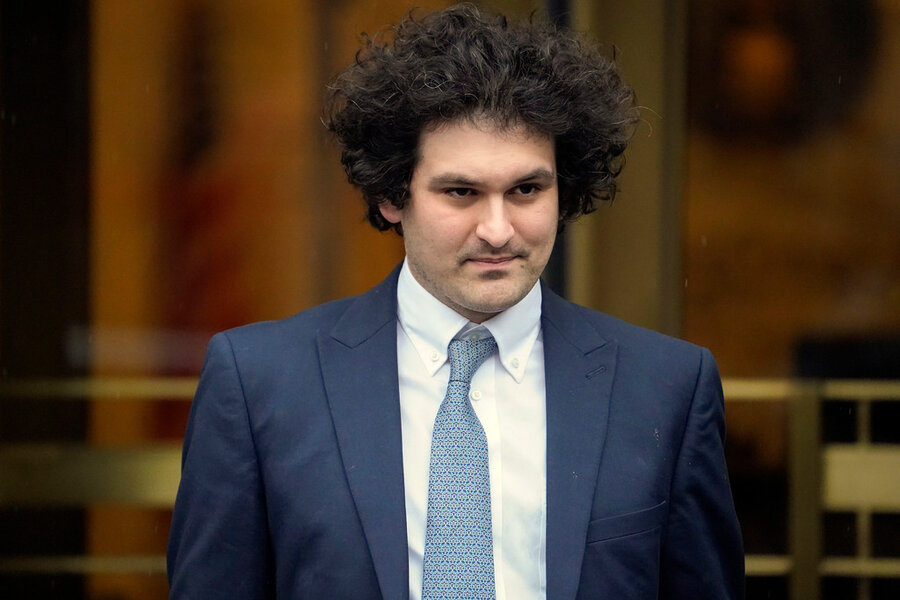Looping China into the anti-corruption fight
Loading...
On Tuesday, the U.S. Justice Department threw yet another criminal charge at FTX cryptocurrency exchange founder Samuel Bankman-Fried, the young American entrepreneur now under house arrest in California. The charge went far beyond previous ones over his alleged abuses in digital assets markets. It claims Mr. Bankman-Fried directed a bribe of some $40 million to Chinese officials to unfreeze accounts in FTX’s hedge fund.
Suddenly, Washington’s attempts to clean up fraud in crypto markets took on a geopolitical question: Will China cooperate with the United States in probing this alleged bribery, perhaps even begin to help other nations in fighting corruption in general?
The trial of Mr. Bankman-Fried is set for October so China has plenty of time to join a growing list of countries – from Ecuador to Malaysia – that have worked closely with the U.S. on cases of transnational corruption in recent years. Of all U.S. enforcement actions involving alleged bribery overseas, more have been directed toward China than any other country.
The particular charge against Mr. Bankman-Fried was issued under the 1977 Foreign Corrupt Practices Act, or FCPA, a rather unique law in the world that has enabled American prosecutors to go after any person or company with even a minor legal presence in the U.S. “We now have many foreign partners who have stepped up to join us in the fight against foreign bribery and corruption,” said Deputy Assistant U.S. Attorney General Nicole Argentieri in a December speech. “Simply put, the recent trend of coordinated investigations and resolutions is here to stay.”
In other words, a global norm to ensure honesty and transparency in business dealings has been spreading, mainly through bilateral and multilateral agreements involving anti-corruption initiatives.
Even with more global enforcement, says Ms. Argentieri, it is up to businesspeople to detect and prevent misconduct. “Putting the people, resources, and controls in place to make sure a company complies with the law is not only the right thing to do, but it ultimately helps companies operate more efficiently and profitably,” she said.
China is not being singled out in this case. “The Department of Justice is committed to detecting, prosecuting, and punishing international corruption whatever form it may take,” Ms. Argentieri said. Yet as the two countries compete to set global rules on many matters – from human rights to fisheries – perhaps they can find common ground on the rules and practices to ensure integrity in business.





